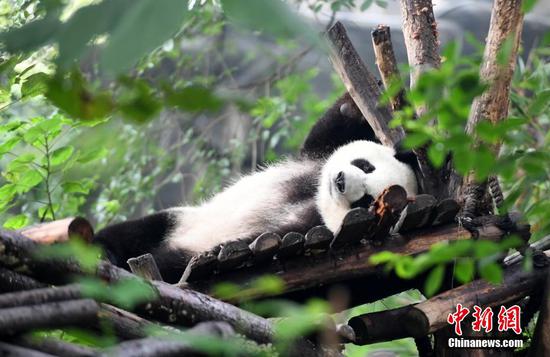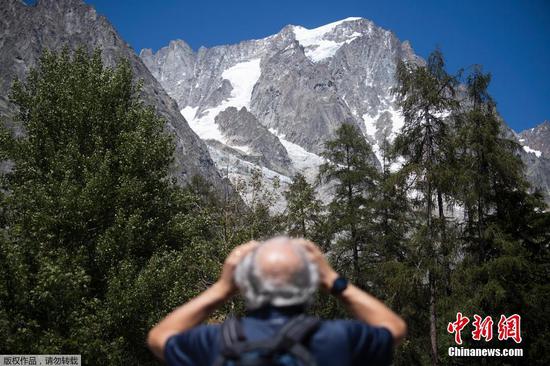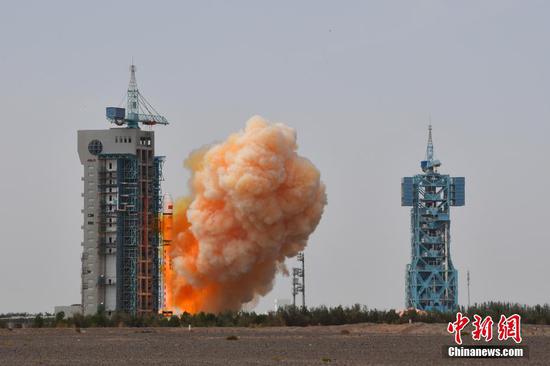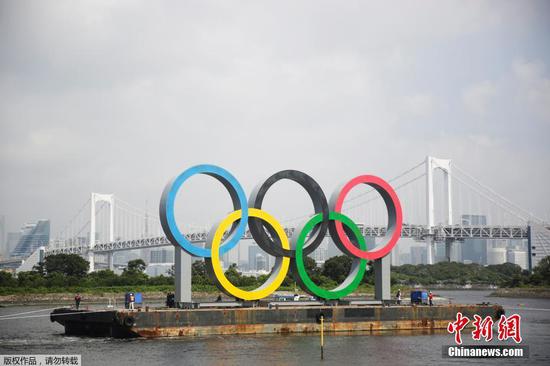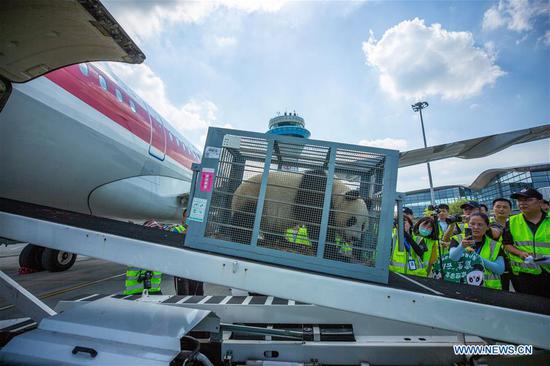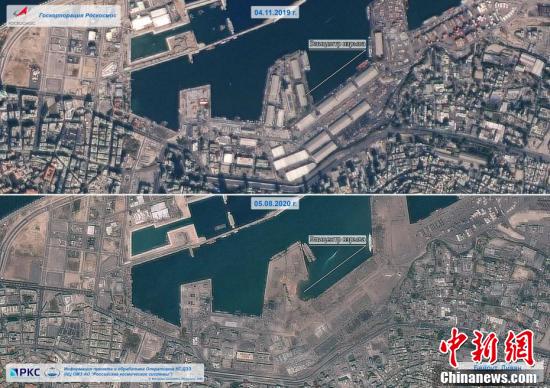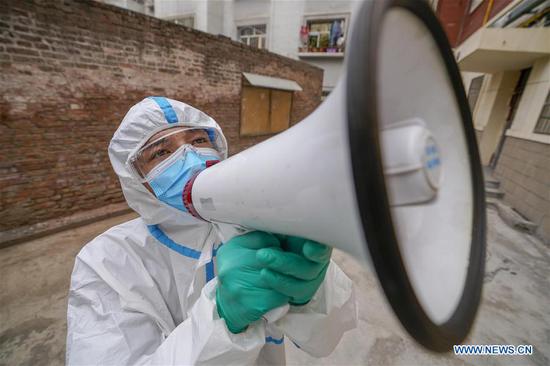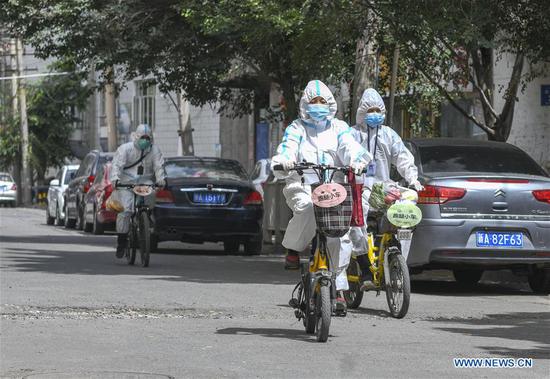II
After establishment of diplomatic ties, and thanks to concerted efforts on both sides, China-U.S. relations have made historic progress despite ups and downs along the way. It has brought enormous benefits to the two peoples and contributed significantly to world peace, stability and prosperity. Cooperation between China and the U.S. has always been conducted for mutual benefit. For the past 41 years, China and the U.S., and for that matter all countries in the world, have benefited from the development of China-U.S. relations.
Since reform and opening-up started, the hard-working and talented Chinese people have, under the leadership of the CPC, achieved phenomenal progress. China's rapid development over the decades, which benefited from interactions and cooperation with countries around the world, has in turn provided the U.S. and other countries with sustained growth impetus and important opportunities. The volume of trade between China and the U.S. has increased more than 200 times over the early days of diplomatic ties, and two-way investment has taken off from scratch to reach nearly 240 billion U.S. dollars. Made-in-China goods, nice and inexpensive, are best buys for American consumers. China's vast market and sound business environment offer a source of tremendous profits for U.S. firms.
The exchange of visits between the Chinese and American peoples jumped from several thousand to over five million per year. More than 400,000 Chinese students are studying in the U.S. Fifty pairs of sister provinces/states and 227 pairs of sister cities have been forged between the two sides. In the face of natural disasters from Hurricane Katrina in 2005 to the Wenchuan earthquake in 2008, our two peoples felt for each other and lent each other a helping hand. When COVID-19 struck, Chinese and Americans from all walks of life rushed to each other's assistance. Chinese provinces, cities, enterprises and institutions have donated masks, protective gowns and other medical supplies to affected populations, communities, cities and states in the U.S. They have also provided the U.S. with large quantities of virus containment materials.
China and the U.S., together with the rest of the world, have been committed to upholding world peace, security and development. The two countries have had close communication and coordination on regional hot-spots such as the Korean Peninsula, Afghanistan and the Middle East, and have worked with relevant countries to advance the political settlement of these issues. China and the U.S. have had productive cooperation in counter-terrorism, non-proliferation, narcotics control, disease prevention and containment, poverty alleviation, peacekeeping, and the fight against the abuse and trafficking of fentanyl, among others. In 2001, when the U.S. was hit by the September 11 terrorist attack, the Chinese Government and people immediately expressed their sympathies to the American Government and people, and the two countries strengthened coordination and cooperation on counter-terrorism and non-proliferation. In the meantime, China has called for rejecting double standards or even multiple standards in countering terrorism. During the 1997 Asian financial crisis and the 2008 global financial crisis, China and the U.S. worked with the rest of the world and made significant contributions to safeguarding international financial stability and kick-starting global recovery. The joint efforts of China, the U.S. and other countries have led to the signing of the Paris Agreement, providing a strong impetus for global cooperation on climate change. The two countries have also carried out trilateral cooperation on food security in Timor-Leste, conducted joint training for Afghan diplomats and helped Africa to fight Ebola, setting a prime example of them working together to facilitate capacity-building in a third country.
That said, the past 41 years has not all been smooth sailing for China-U.S. relations. There have been ups and downs and even major setbacks on the way. However, the two countries have always approached their relationship from a historical perspective and with the bigger picture in mind. They have managed differences and disagreements, properly handled sensitive issues, and safeguarded the momentum of steady growth in China-U.S. relations. What has happened shows that no obstacle is insurmountable for China and the U.S. The key lies in a true commitment to mutual respect, equality and seeking common ground while shelving differences. It lies in the courage to take up the responsibility for history and the people.
The history of China-U.S. relations over the past 41 years teaches a lot. First, China and the U.S. must always approach and handle their relations by keeping in mind the common interests of the two countries and all countries in the world, as well as the future of all humanity. Such an approach will benefit not only the two countries but countries around the world. Second, China and the U.S. must always keep to the right direction in the relationship, and bear firmly in mind that their common interests far outweigh their differences. Third, China and the U.S. must always manage their differences in a constructive manner, abide by the principles and spirit of the three Joint Communiqus, and respect each other's core interests and major concerns. Fourth, China and the U.S. must always work to expand cooperation in a win-win spirit, and bring greater benefits to the two countries and the world at large. These valuable experiences have proved effective in the past. They remain effective now and will continue to be effective in the future.









